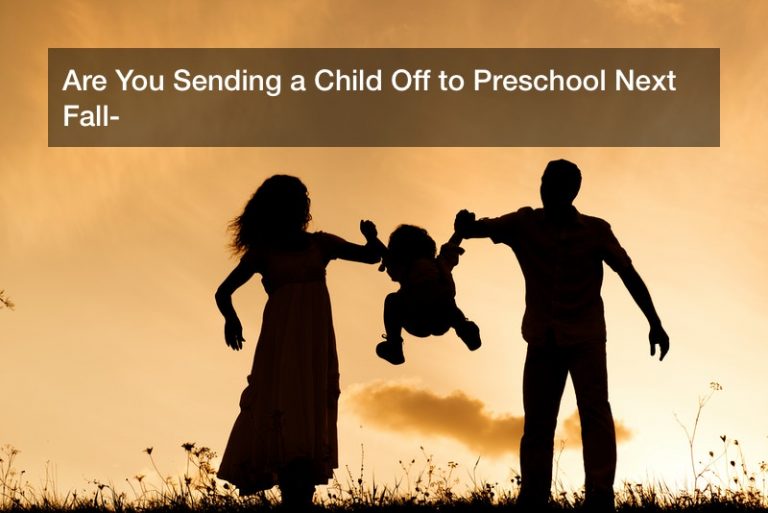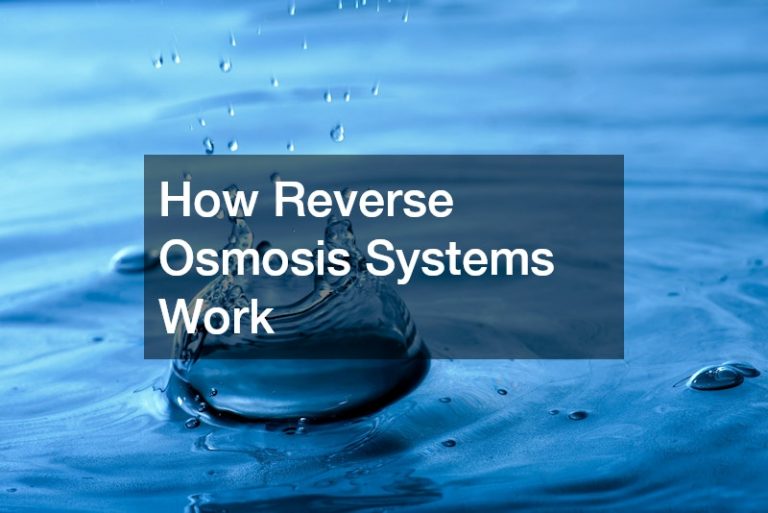


When a child is about to be born, many parents are consumed with worry about whether they will be good mothers or fathers, terrified of making a mistake. Well, here is some reassurance: stop worrying about it. You will make mistakes. A lot of them. Daily. We all do, and anyone who says otherwise is selling you something. Listen to good advice (and ignore the obviously bad), love your child and avoid what mistakes you can. One mistake people often make, usually out of love, lies in early education and socialization. They either keep the child at home until enrollment at age 5 in Kindergarten or just taking them to a daycare, where child care activities are all based on entertainment. Not enrolling a child in a quality preschool is a mistake because of the limits it places on learning and psychological development.
Early education can benefit a child in ways that cannot be overestimated. Upon the recent study of data provided by 84 preschools, it was found that children with a preschool education demonstrated half a year more language, math and reading development than did their peers. This initial advantage usually continues and 80% of those who had attended a preschool program will keep outperforming the children who had not.
The psychological implications of events in early child development can be profound. For example, the disparity in performance mentioned above will affect self-esteem, which will in turn either further boost their ease of learning or further damage it. Put simply, a child who believes he is slower than other children will not push himself, but perform as he and others expect. Another example of psychological effect relates to children kept mostly at home. Early socialization of children, and imagination play, in particular, plays a vital role in developing the skills necessary to follow societal norms and rules. When children engage in imagination play, they collectively create rules, which, when another child breaks the rule and spoils the imagined experience, teaches them why rules are important.
Of course, there are exceptions to the rules on both sides of this issue. However, given the research out there and the facts that can be found, it might be better to err on the side of caution, if you must err at all.




